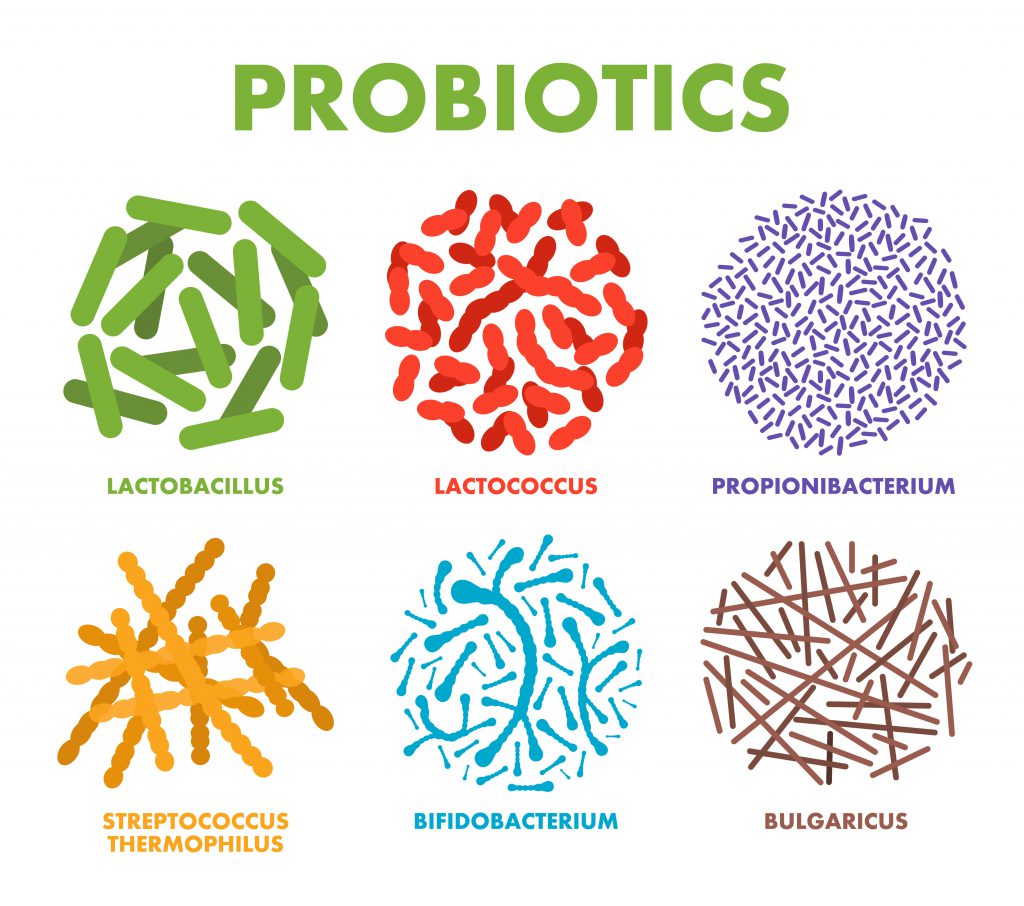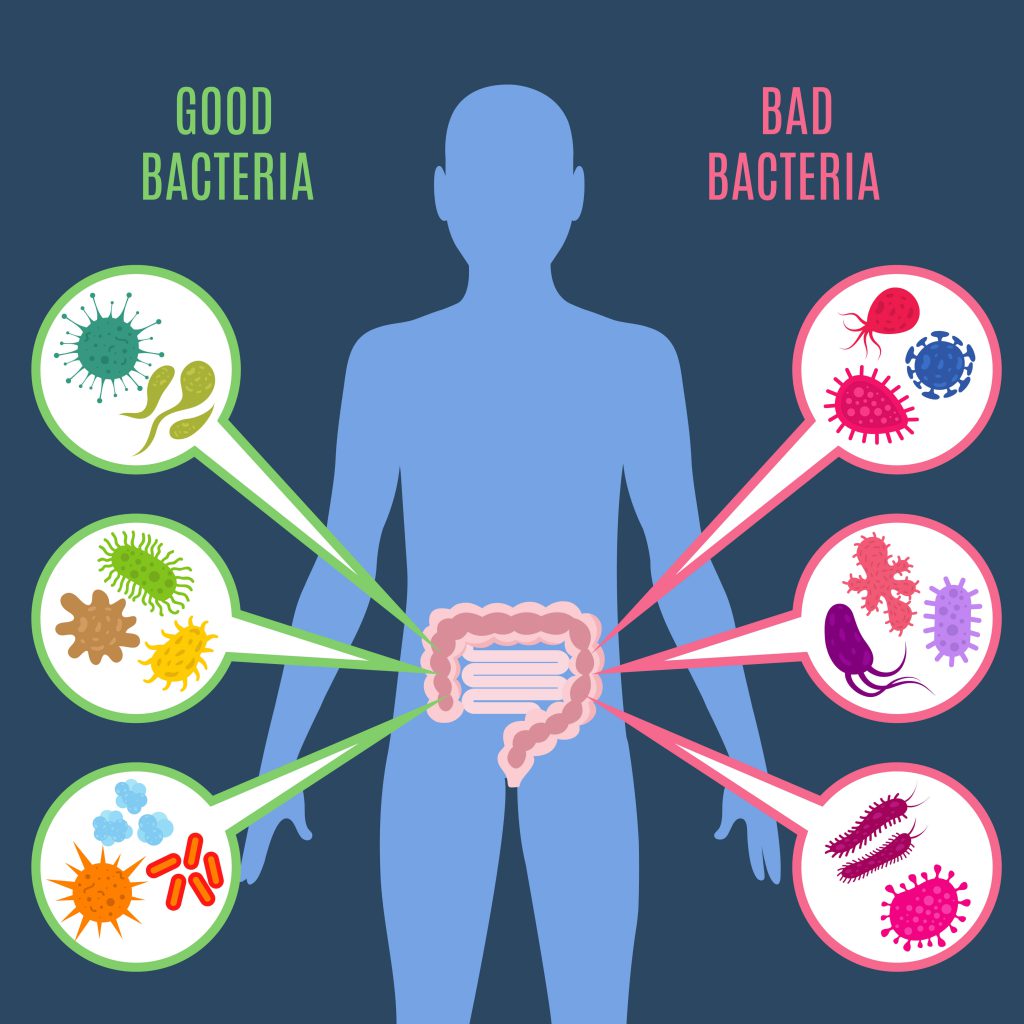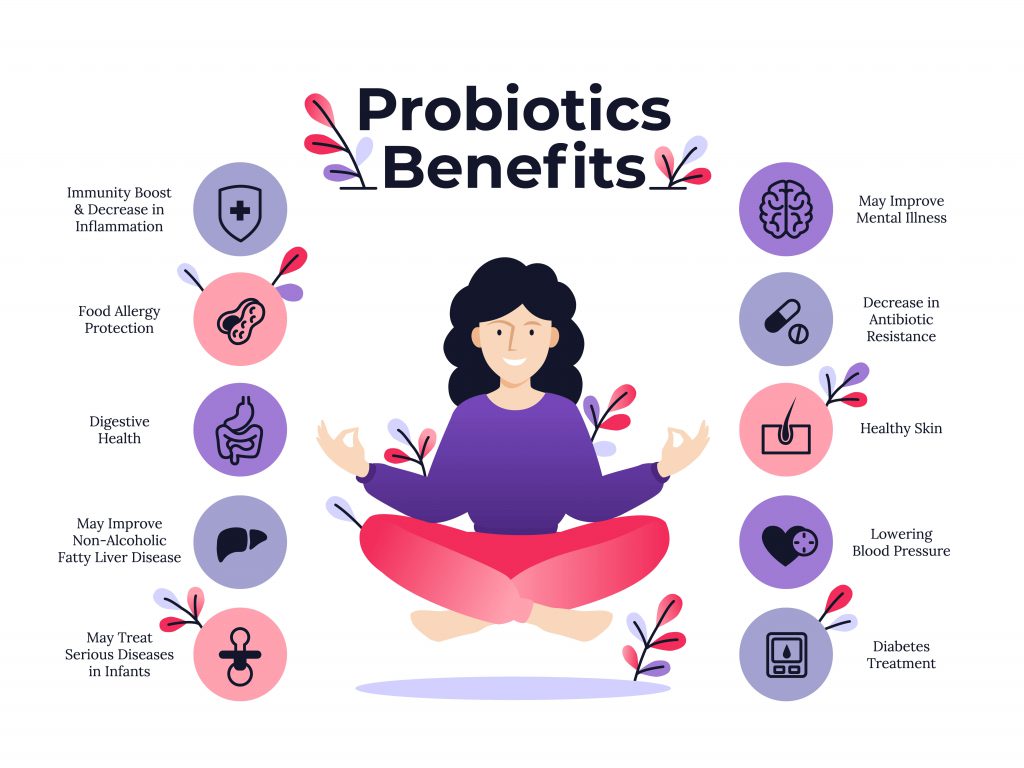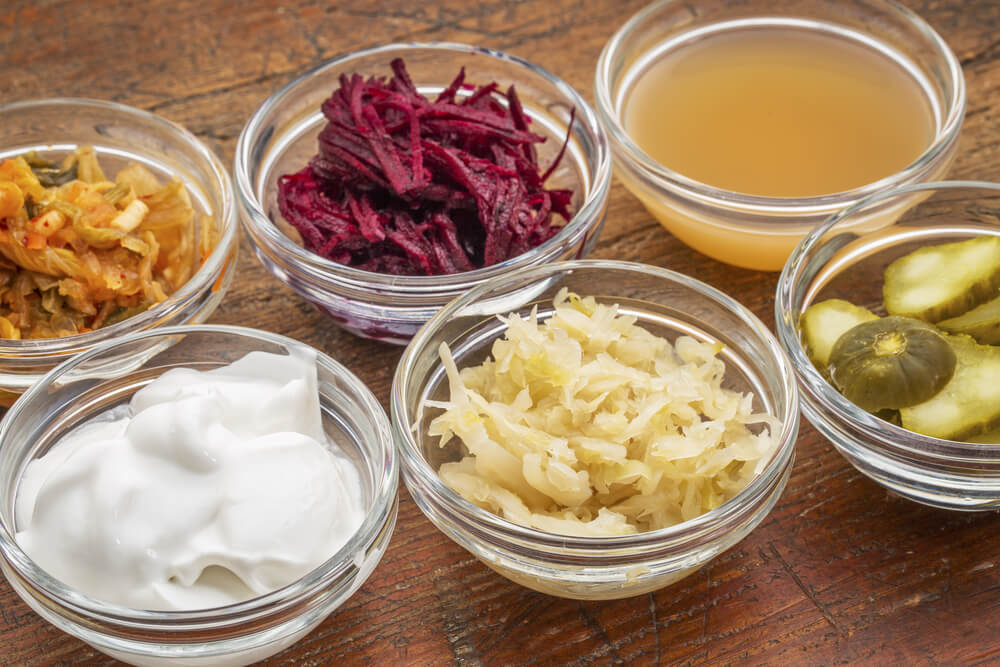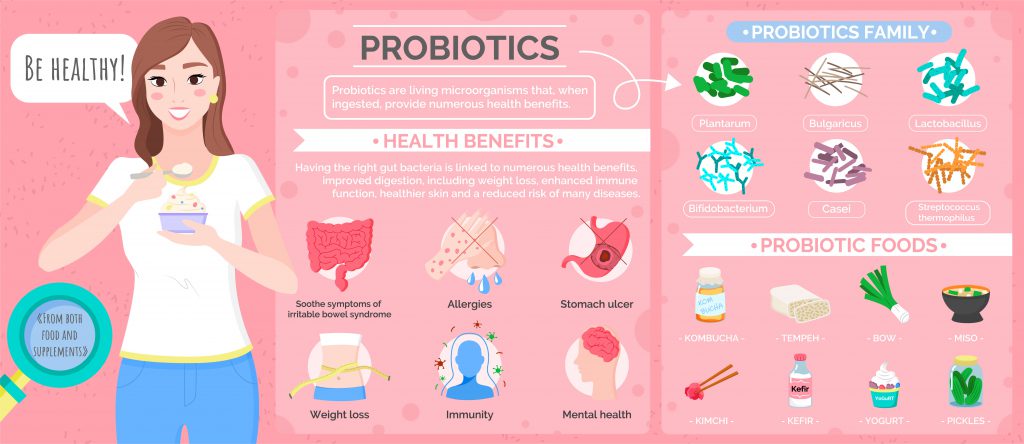
What are Probiotics and How Do They Help You?
While most of us have heard about how healthy probiotics are for our digestive system, we only have a vague idea about their facts. For instance, what exactly are probiotics? Simply put, they’re bacteria – the ones with health benefits. Many types of bacteria are classified as probiotics; they all have unique benefits and not all probiotics have the same effects.
Good bacteria and bad bacteria
Now, don’t fret about ingesting bacteria – there are the good type and there are the bad type. Most of the naturally occurring bacteria in your body reside in your gut, and the most of them are quite harmless. The right bacteria in the guts have several health benefits, like weight loss, better digestion, improved immune function, clearer skin, and a reduction in diseases. When you take antibiotics, you inevitably lose some of these “good” bacteria; probiotics are known to replace these lost microorganisms. They help to balance the “good” and the “bad” bacteria in your body.
How are probiotics helpful?
Studies have shown that some probiotics may help to prevent diarrhoea that’s caused by infections or antibiotics. They may also help with symptoms of irritable bowel syndrome. Research shows that probiotics help treat, or even prevent, a variety of health problems:
- Digestive disorders like diarrhoea caused by infections, antibiotics, irritable bowel syndrome, etc.
- Oral health problems like tooth decay and periodontal disease
- Liver disease
- Inflammation
- Allergic disorders such as eczema and hay fever
- Depression and anxiety
- Colic in babies
- Immune function
Foods rich in probiotics
Probiotic supplements, foods, and beverages contain bacteria and/or yeasts. Some foods that contain probiotics have been traditionally used in different parts of the world while some have been discovered recently. Foods rich in a variety of probiotics include yogurt, kefir, sauerkraut, tempeh, kimchi, miso, kombucha, salted gherkin pickles, coconut kefir, natto, kvass, raw cheese, etc. and most of these can be ingested in different forms.
Probiotics at Calorie Care
Most foods that are rich in probiotics are not easily available in India, have certain seasons, or just aren’t very appetising for many people. The best way to get our fair share of probiotics, then, would be through delicious blends, like smoothies. At Calorie Care, we have a range of probiotic smoothies to select from – Spirunina Shots probiotic smoothie, High Protein probiotic smoothie, Berry Blast probiotic smoothie, and Masala Chass with Himalayan Salt probiotic smoothie. Depending on your diet and your preference of taste, find the smoothie that suits you best.
We use high-quality Kefir Grains and Greek Yogurt. Kefir, a fermented milk from kefir grain, is highly nutritious and is very beneficial for digestion and gut health; it’s a good source of protein, calcium, vitamin B12 and magnesium. Different strains of lactobacillus, found in yogurt, can help with diarrhoea and may help people who can’t digest lactose (the sugar in milk). Bifidobacterium may help ease the symptoms of irritable bowel syndrome (IBS).

